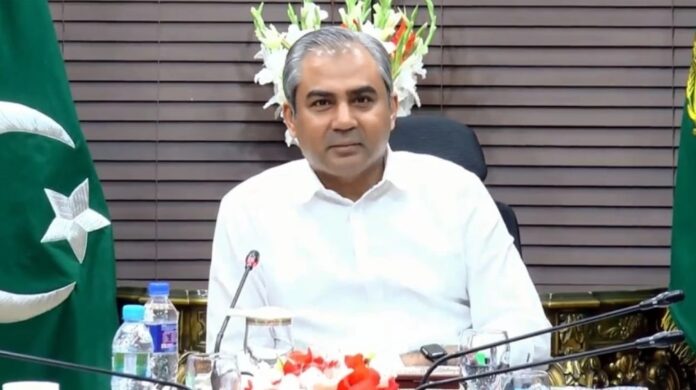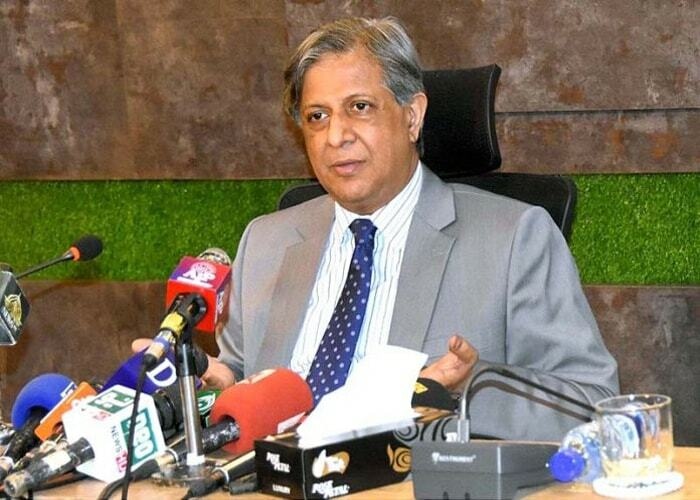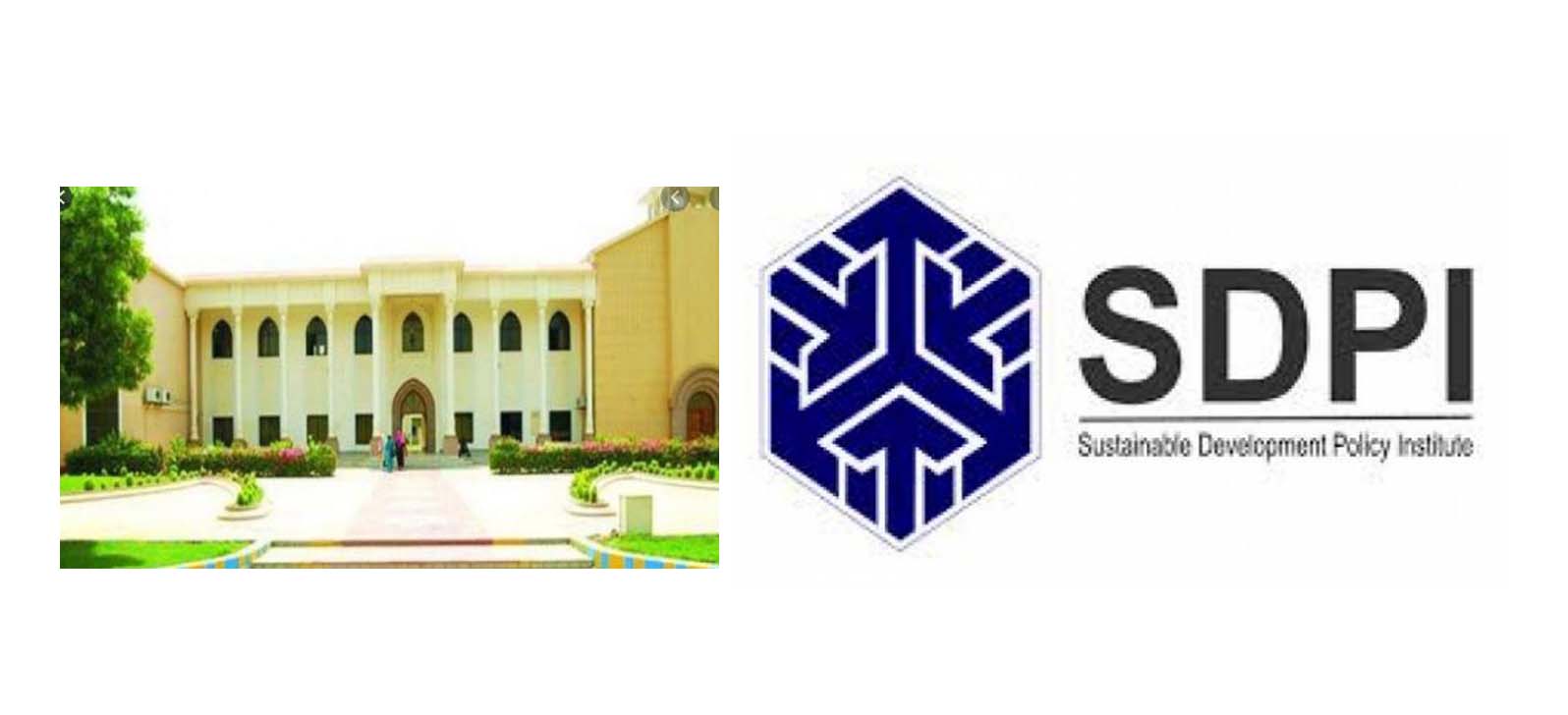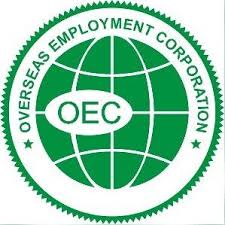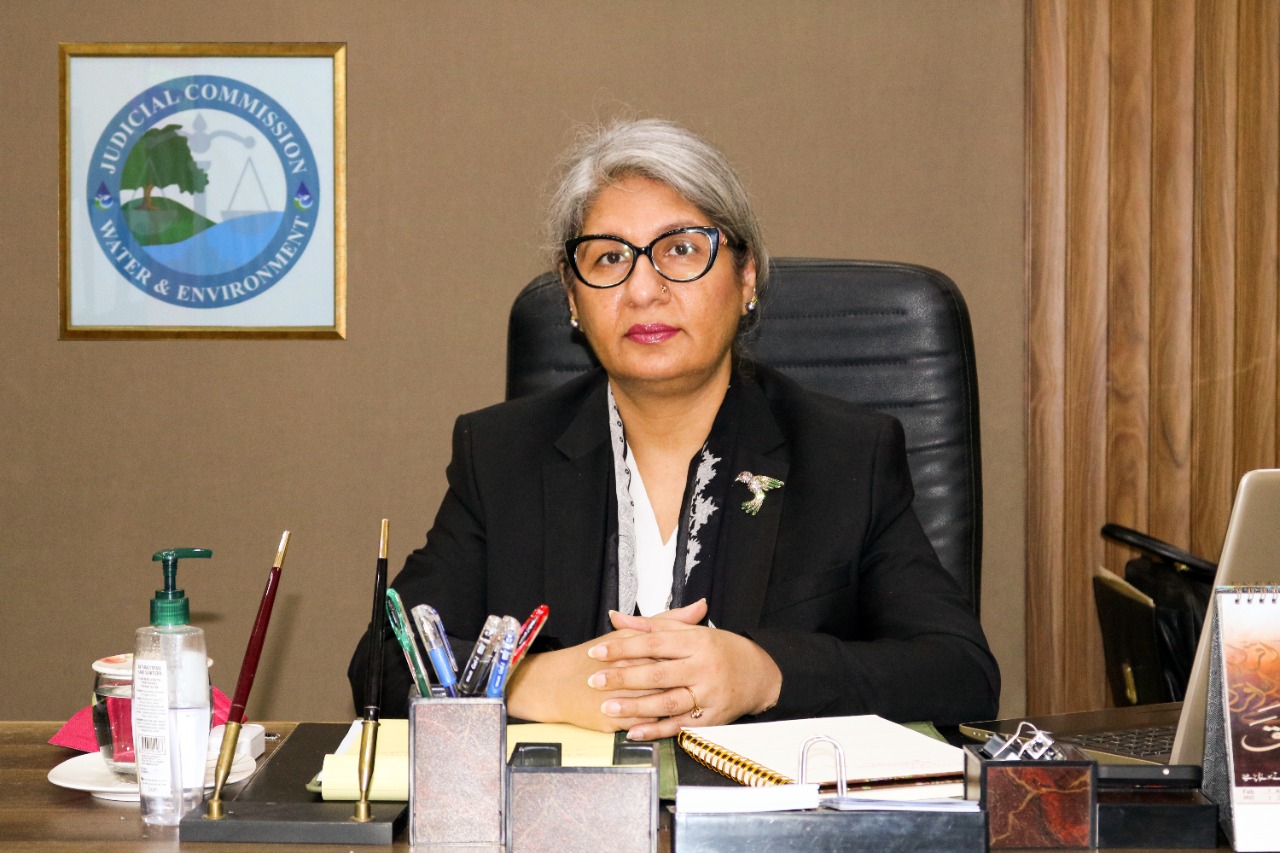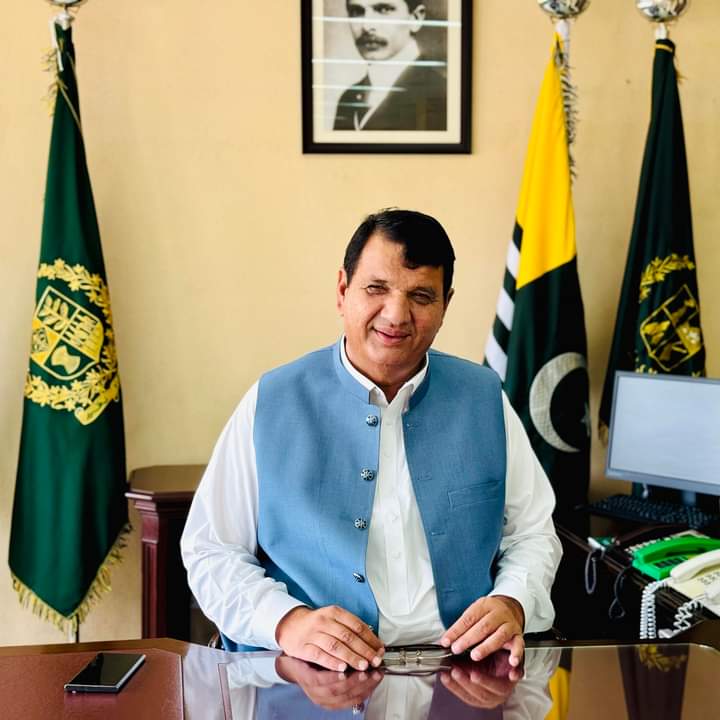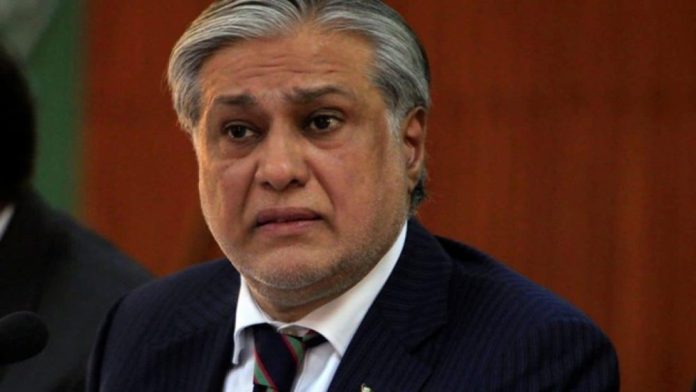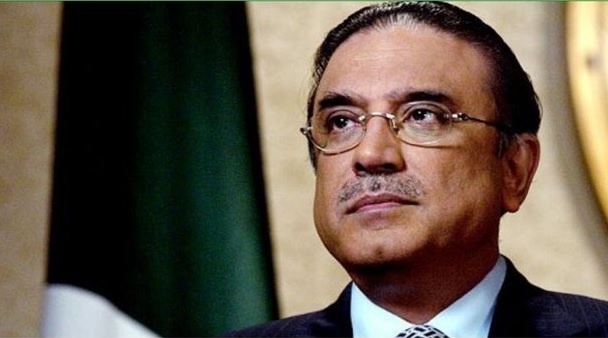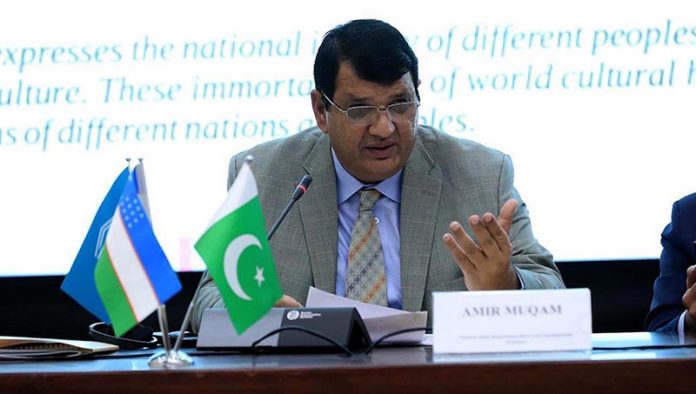ISLAMABAD, Apr 2 (APP): The World Bank on Tuesday said that Pakistan was implementing an ambitious, credible and clearly communicated economic reform plan critical for robust recovery and poverty reduction.
Pakistan’s economy is expected to grow by only 1.8 percent in the current fiscal year ending June 2024. According to the World Bank’s latest Pakistan Development Update titled Fiscal Impact of Federal State-Owned Enterprises, this subdued recovery reflects tight monetary and fiscal policy, continued import management measures aimed at preserving scarce foreign reserves, and muted economic activity amid weak confidence.
The Update also highlights the high fiscal costs of federal state-owned enterprises (SOEs) and the critical reforms needed to improve their performance, efficiency and governance through privatization.
After a contraction in FY23, the economic activity has strengthened over the first half of FY24 on the back of strong agricultural output, the report said.
According to the report, together with improved confidence, also supported some recovery in other sectors. But growth remains insufficient to reduce poverty, with 40 percent of Pakistanis now living below the poverty line. Macroeconomic risks remain very high amid a large debt burden and limited foreign exchange reserves. The structural reforms needed to durably improve the economic outlook are known.
Developing a clearly articulated reform implementation plan that is ambitious, credible and that shows quick progress is now essential to restore confidence,” said Najy Benhassine, World Bank Country Director for Pakistan. “In particular, better fiscal management will help to lower inflation, narrow the current account deficit, improve financial sector stability and increase credit to the private sector, all of which are critical for robust economic recovery.”
A sustained medium-term recovery will require a prudent macroeconomic policy mix coupled with reforms to improve the quality of expenditures, broaden the tax base, address regulatory constraints to private sector activity, reduce state presence in the economy—including via privatizations, address challenges in the energy sector, and increase public investments to improve human development outcomes, he said.
The Update includes a list of key reforms in ten areas that should be considered for priority implementation to initiate a strong, durable and poverty-reducing economic growth recovery.
“The current macroeconomic outlook projects growth that is below Pakistan’s potential, with little poverty reduction and continued erosion of living standards,” said Sayed Murtaza Muzaffari, lead author of the report. “Risks to this outlook remain high, including uncertainty around policy commitments and reform implementation, financial sector risks, potential increases in world energy and food prices in the context of intensification of regional geopolitical conflicts, slower global growth, and tighter than expected global financing conditions.”
The update highlights the high fiscal costs of SOEs operating in key sectors of the economy. These SOEs have been consistently making losses since 2016, and the government has been providing significant financial support through subsidies, grants, loans, and guarantees, leading to large and growing fiscal exposure.
“Direct government support to SOEs in the form of subsidies, loans, and equity investments accounted for 18 percent of the federal budget deficit and 2 percent of GDP in FY22,” said Qurat Ul Ain Hadi, co-author of the report.
To contain fiscal exposure from SOEs, the report recommends rapid progress with government plans for privatization, restructuring and disinvestment, as per the 2021 Triage plan. In addition, the update recommends establishing new guarantee issuance rules, mitigating credit risks, ensuring adherence to International Financial Reporting Standards and developing risk monitoring procedures.
All SOEs, including those under the SWF, should be covered under the purview of the SOEAct to ensure financial transparency and good corporate governance practices.
The Pakistan Development Updateis a companion piece to the South Asia Development Update, a twice-a-year World Bank report that examines economic developments and prospects in the South Asia region and analyzes policy challenges countries face.
The April 2024 edition titled Jobs for Resilience shows growth in South Asia is again higher than any other developing country region in the world at 6 percent in 2024, but persistent structural challenges threaten to undermine sustained growth.
This is hindering the region’s ability to create jobs and respond to climate shocks.
The report explores pathways countries can take to sustain long-term growth and reduce climate risks by boosting employment and increasing private investment.
مضمون کا ماخذ : sorteos میگا سینا
